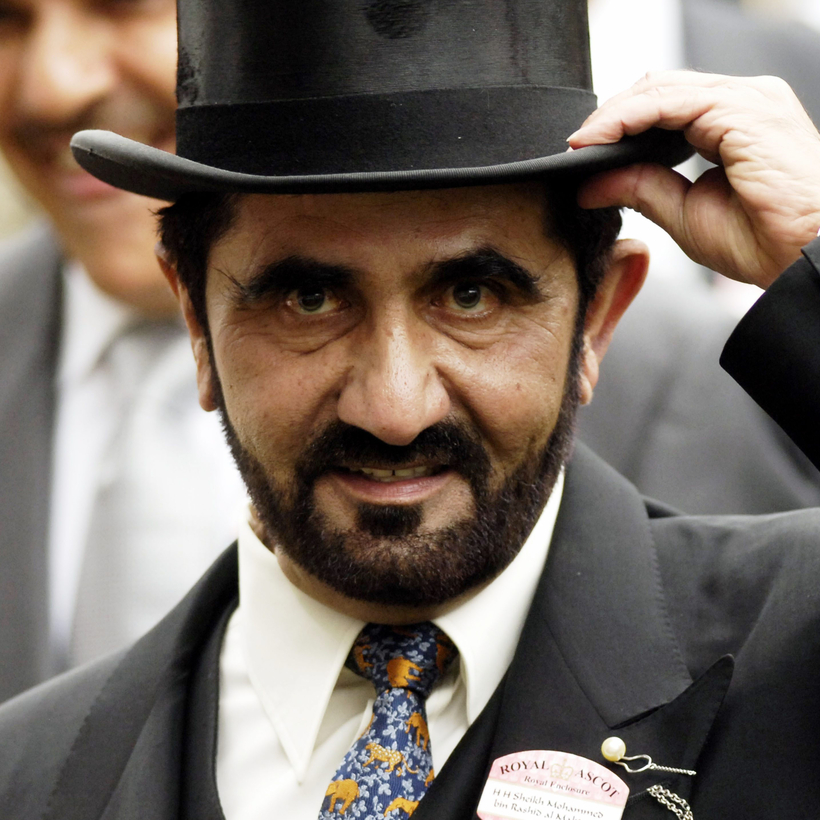Forget Disneyland or any of those Scandinavian countries where placidly beautiful people sprawl around draped in exceptional knitwear; if Sheikh Mohammed bin Rashid Al Maktoum gets his way, Dubai will soon be the happiest place on earth. His government has even gone to the trouble of drawing up a “Happiness Agenda,” conceived to realize his dream of creating an environment where everyone can breeze through life pulsating with the nonstop purity of good vibes only.
Emo Tyrant
It’s a nice idea, but someone should really mention this to Sheikh Mohammed bin Rashid Al Maktoum himself, because he keeps publishing poems on his Web site, and, to put it mildly, they’re a bit of a bummer. His most recent, entitled “Affection in Your Eyes,” reads:


